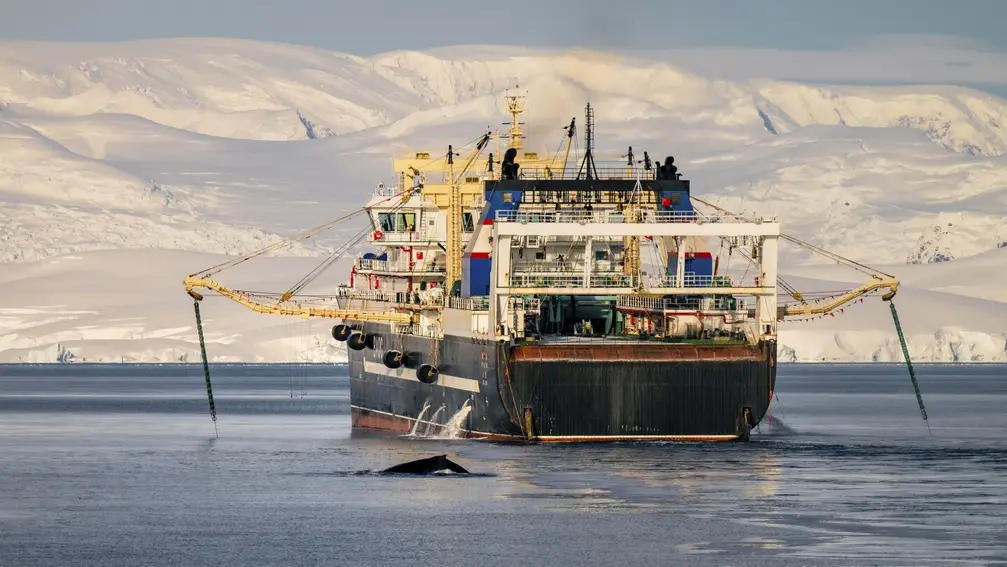T4K3.news
Blue whales fall silent amid climate stress on ocean life
A study finds blue whale songs declined about 40 percent over six years as marine heatwaves and prey shifts disrupt feeding and communication.

Scientists report a sharp decline in blue whale songs as ocean warming disrupts prey and habitat.
Blue whales fall silent amid climate stress on ocean life
Blue whales, the largest animals on Earth, face growing pressure after a six-year study from the Monterey Bay Aquarium Research Institute shows their songs have fallen about 40 percent. The decline aligns with marine heatwaves and shifts in prey that disrupt feeding and communication.
Researchers say the quieter singing reflects energy spent for foraging rather than signaling, while hot years damaged krill and anchovy populations. The Blob raised ocean temperatures by more than 4.5 degrees Fahrenheit, affecting life along the West Coast. Attenborough has repeatedly warned about ocean health, and scientists say his cautions are proving prescient as climate change reshapes life at sea.
Key Takeaways
"It caused the most widespread poisoning of marine mammals ever documented. These were hard times for whales."
John Ryan explains the impact of marine heatwaves on whales
"When you really break it down, it’s like trying to sing while you're starving. They were spending all their time just trying to find food."
John Ryan on whale behavior during heatwaves
"There are whole ecosystem consequences of these marine heat waves."
Kelly Benoit-Bird on broad ecological effects
"If they can't find food, and they can traverse the entire West Coast of North America, that is a really large-scale consequence."
Kelly Benoit-Bird on the scale of impact
The drop in whale song shows how climate stress travels through the food web. When prey becomes scarce, predators conserve energy at times that would normally support social signaling and reproduction. This is not just a single species issue; it signals broader changes in ocean health with potential consequences for fisheries, coastal economies, and communities that rely on healthy seas.
Highlights
- Whale songs fade when the ocean starves
- Singing is energy we cannot spare
- The Blob rewrote the sea's balance
- If krill vanish, the chorus ends
Climate policy and public reaction risk
The article touches on climate change and urges action from scientists and the public. This framing could spark political debate, budget concerns, and public backlash around climate policy and ocean funding.
The ocean keeps score in silence.
Enjoyed this? Let your friends know!
Related News
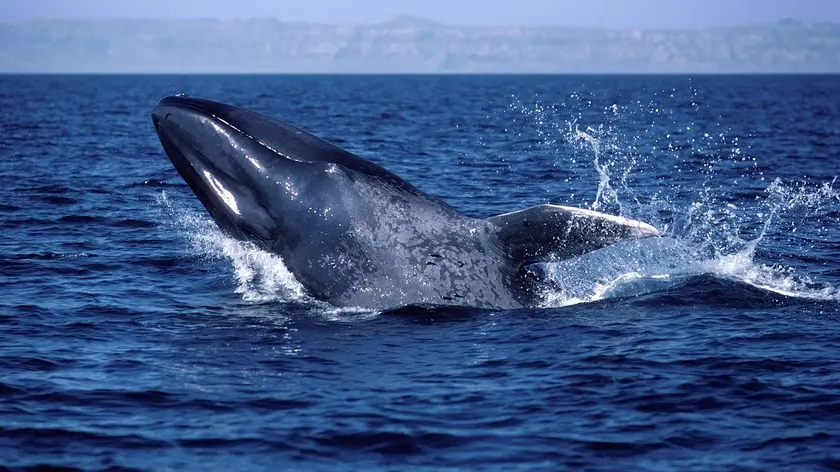
Blue whales facing severe decline in vocalizations

Research Links Ocean Living to Longer Lifespans
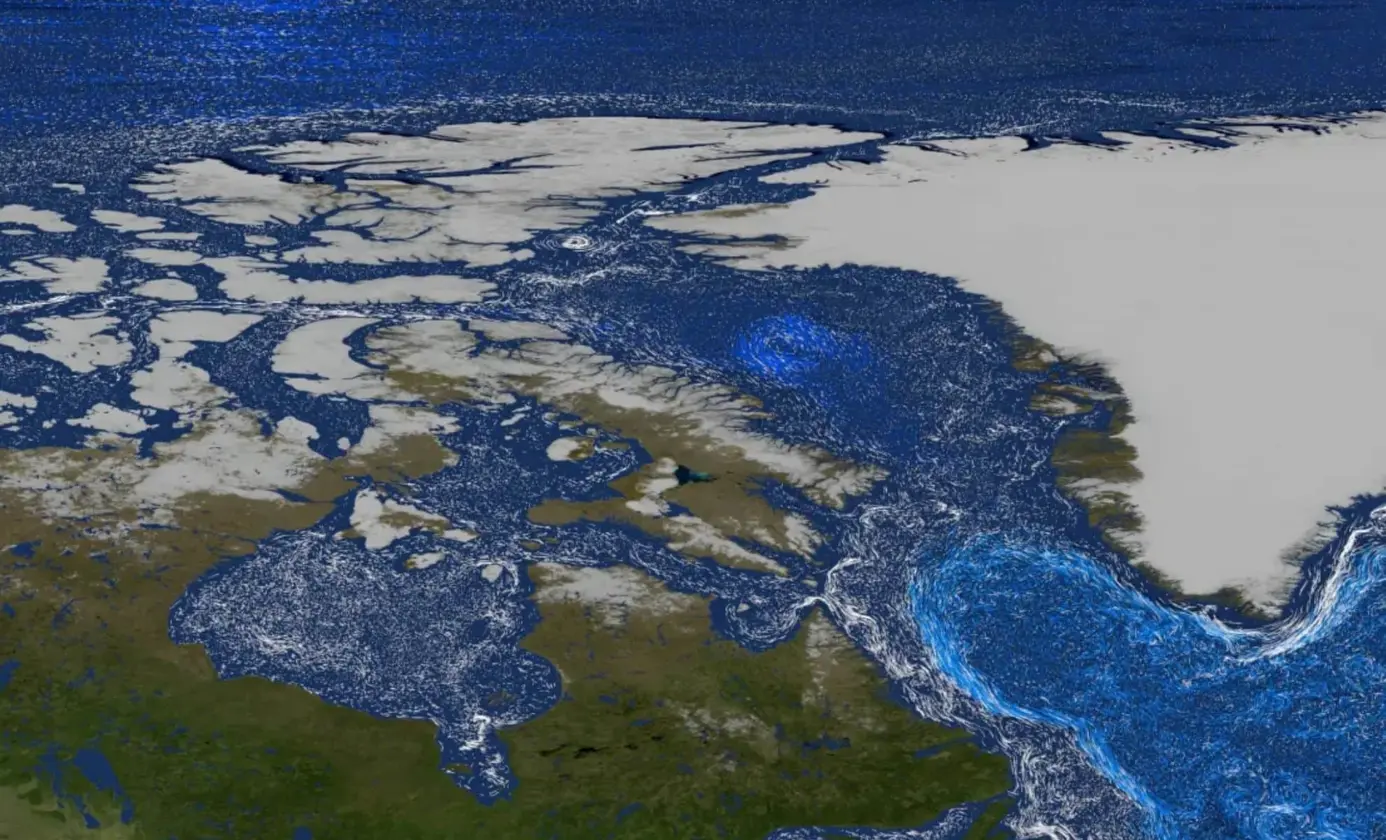
NASA Reports on Greenland's Glaciers and Marine Life
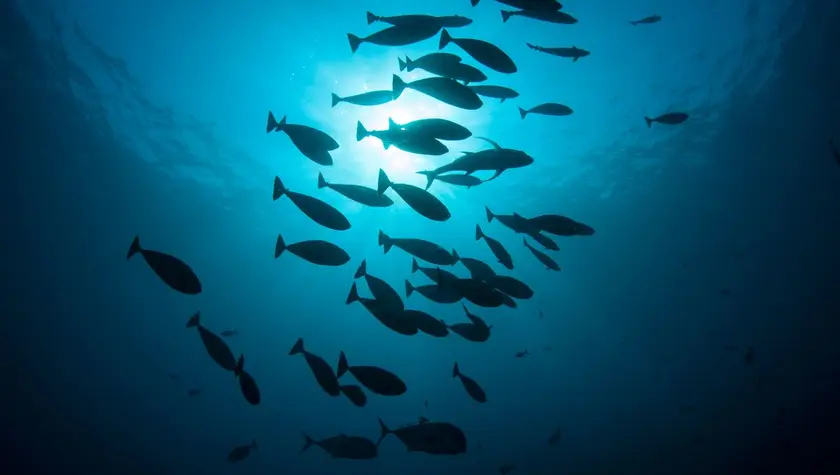
Study reveals oceans are losing light, risking ecosystems

AI transforms anti-submarine warfare
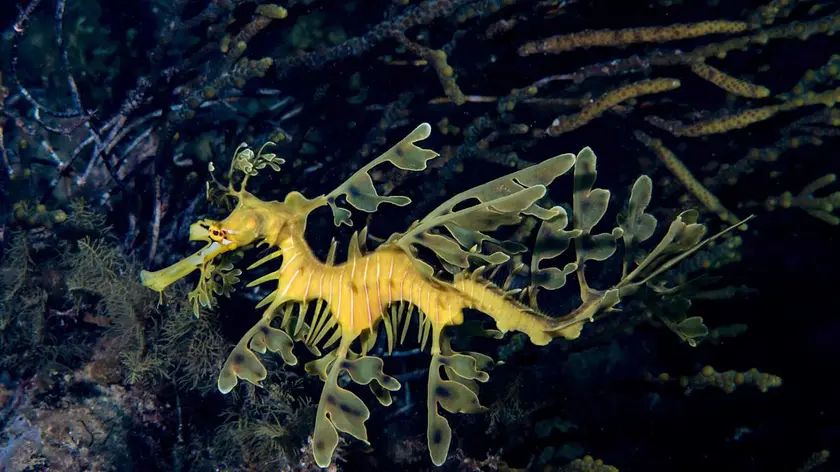
Discover the Strange Forms of Ocean Life

Chelsea sets high price for Nicolas Jackson
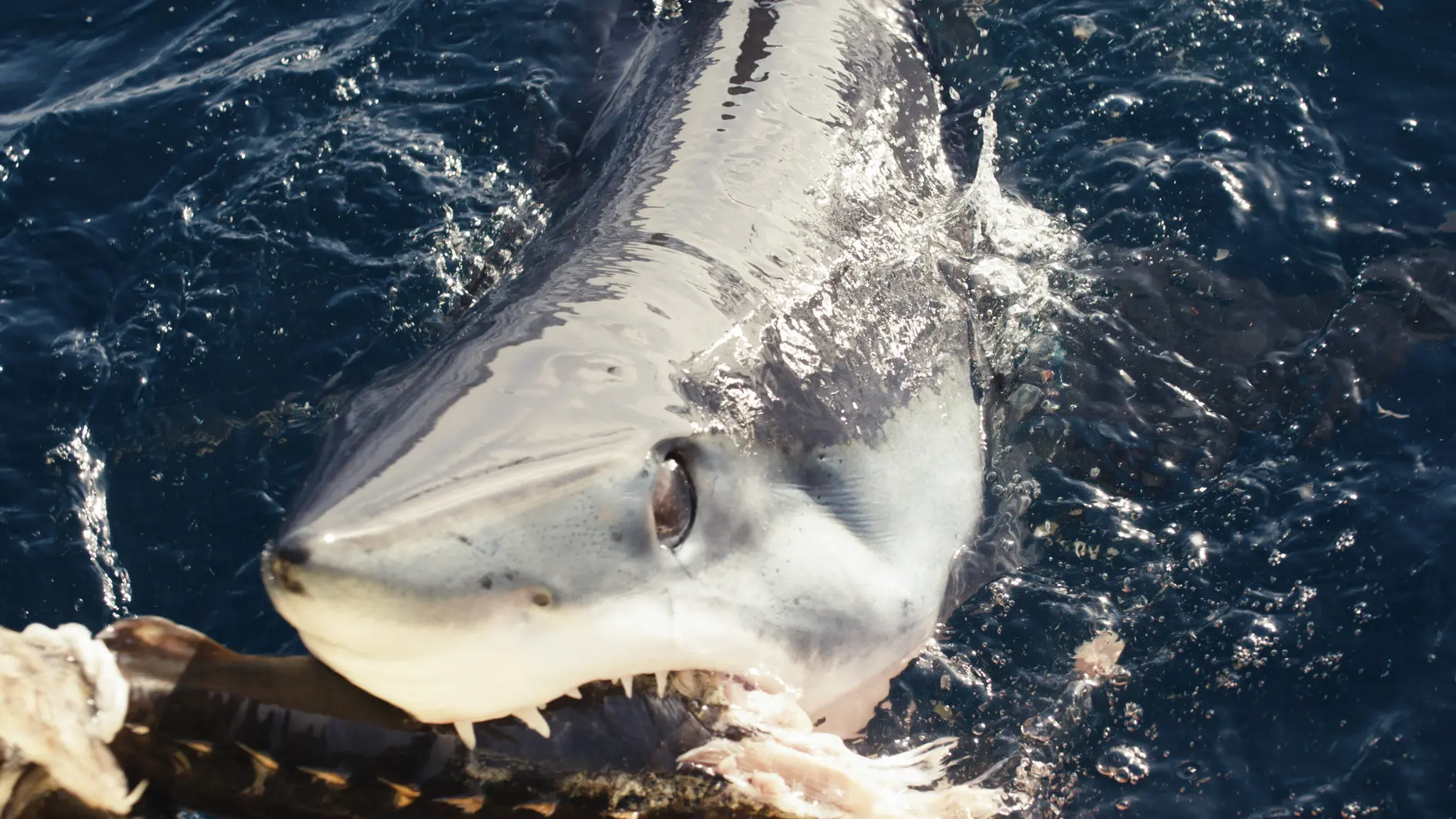
Shark Week team discovers unusual black makos off California coast
